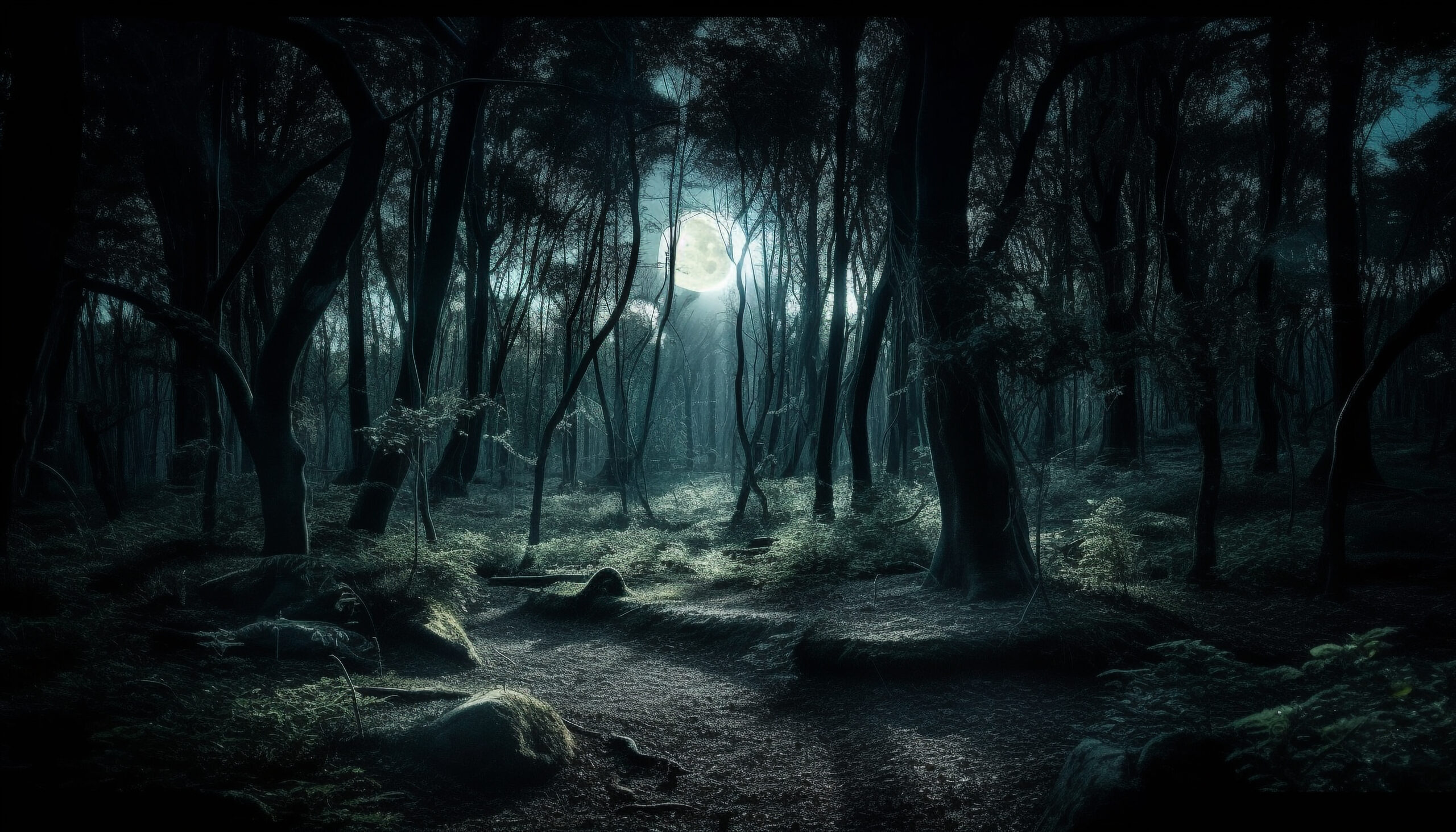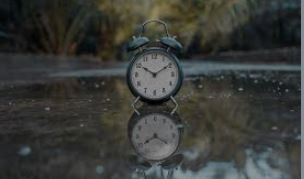
There is comfort in darkness
Many of us associate darkness with fear. Darkness is foreboding and unsighting. Fear often is the expectation of something unknown and untoward awaiting, without our knowledge. Through evolution, humans have therefore developed a tendency to be scared of darkness. In the dark, our visual sense vanishes, and we are unable to detect who or what is around us. We rely on our visual system to help protect us from harm. “The unknown” is an inherent association that humans make with the colour black, as it prevents them from seeing distinct shapes and veils potential threats. This notion is imprinted on us from the time we’re children, she said.
However, thanks to modern technology, we’re now able to turn on the light and continue to have fun even at night. It also has in some manner, it has increased our fear of dark. It may be worth remembering that in a living setting, even rural, there is always some light in the background. There truly is never absolute darkness. Hence when the light go off, there is suddenly, a deep fear engulfs you. Thus darkness is still fear.
But not for all. Darkness can also be soothing. It is when you are not deterred with the disturbance of a myriad colours. It is when glares don’t distract you from your thought. It is when your eyes are at rest and so your mind can truly take over.
According to sleep experts, darkness helps to stimulate the production of melatonin, a hormone that helps you fall asleep quickly. It also helps to keep you asleep until you complete all sleeping cycles. Additionally, darkness also promotes relaxation which helps you fall asleep quickly. It is peaceful and quiet. After a long and busy day with a lot of sensory input, sometimes it helps “recharge their batteries” to just sit and relax, especially those of us who are introverts. If peace and quiet in a dark room is your idea of paradise, we have bad news: too much time spent in a dimly lit room is negatively impacting our brains.
It is worth understanding the fact that love of darkness or night; finding relaxation and comfort in the darkness. is different from insomnia. An insomniac is someone who has difficulty sleeping at night. Insomnia is a physical condition, whereas love of darkness at night, “nyctophilia” as it is called, is a psychological condition. Exposure to light during night time can mess up the naturally programmed increase of melatonin levels, which slows down the body’s natural progression to sleep. In addition to regulating our melatonin levels, sleeping in complete darkness helps lower the risk of depression.
Prehistorically, people would have been more at risk of being attacked by predators or by enemies when in the dark, he said. Through evolution, humans have therefore developed a tendency to be scared of darkness. In the dark, our visual sense vanishes, and we are unable to detect who or what is around us. In the real world, darkness often evokes thoughts of vulnerability, threat, and danger, and may automatically precipitate emotional responses consonant with those thoughts.
Life should be a mix of both light and dark. In light the knowledge, in dark the comfort.




